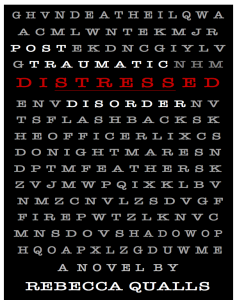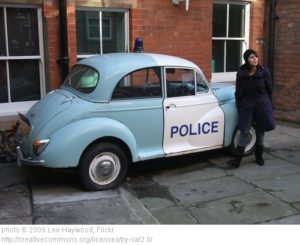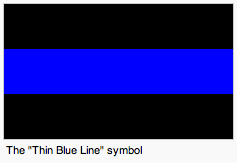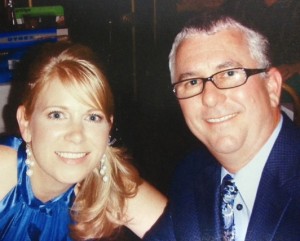*** It’s here!!! ***

A month ago, I wrote a blog post that detailed my reason for writing. Why do I write?
But why did I write this story?
First, I have to say, it is a novel. It is a work of fiction. And yet, it was birthed out of a period of time in our lives. Painful experiences worth sharing.
When I married my husband, I had no idea what it meant to become a part of the “law enforcement family.” I was aware that there would be holiday craziness on those days he had to work, but beyond that? I didn’t get it.
We got married. I changed my name. But so much more changed. And of course, marriage is an adjustment. And without trying to sound over the top, marriage in the world of first responders is an even bigger adjustment.
There is a reason they call themselves a family. They get each other. They understand the stress and the expectations. They rely upon each other day in and day out, for camaraderie and for safety. They will always have each other’s backs. Like family.
It’s difficult to describe or explain a dynamic like that. They are knit together by a thin, often blue, line. A line invisible to those who don’t walk it everyday. A line that becomes increasingly recognizable in the course of every day life with a first responder.
Case in point, there have been nights, dinner is minutes away from ready, the kids have worn mommy’s patience down to a mere nub and the phone would ring. Don’t wait to have dinner because of…an accident, a fatal, a shooting, a car chase, or at the hospital with another officer.
You answer the phone and hold your breath until you hear their voice. And then you hold your breath again until you can determine that they are okay. It isn’t the phone calls that are difficult. It’s the stress they create. And stress like that is next to impossible to translate. But it is nothing compared to the stress of death and destruction bombarding every one of your five senses. It’s one thing to see death on TV or in movies. It’s an entirely different thing to see it, smell it, hear it, feel it and even taste it.
After phone calls like that, I would serve dinner and get the kids into the bath. I would pray for David’s safety and my sanity. But all the while, something had been set in motion that I didn’t recognize. An invisible force that had far more power in my home than I could ever have imagined. The past.
Memories are tremendous. They connect us to happier moments and remind us of people and events. They link us to those we love. But their power doesn’t end there. They also hold the potential to forever tie you to tragedy and trauma. To haunt and torment and link you to a past event that is nothing short of horrific.
As a country, we have come a long way in understanding and treating PTSD as it relates to our military. But it would appear to me that we are decades behind in our treatment and recognition of PTSD in our first responders.
So why did I write Distressed?
Two reasons. 1. To authentically show the world of the first responder and those closest to him and 2. To bring awareness to the realities of PTSD as it pertains to first responders.
It is our story in part. But it had to be more than just our story. It has to be bigger than that. Because I know, there are a number of other first responders and their families who are currently suffering in silence.
It has to be about them too.








